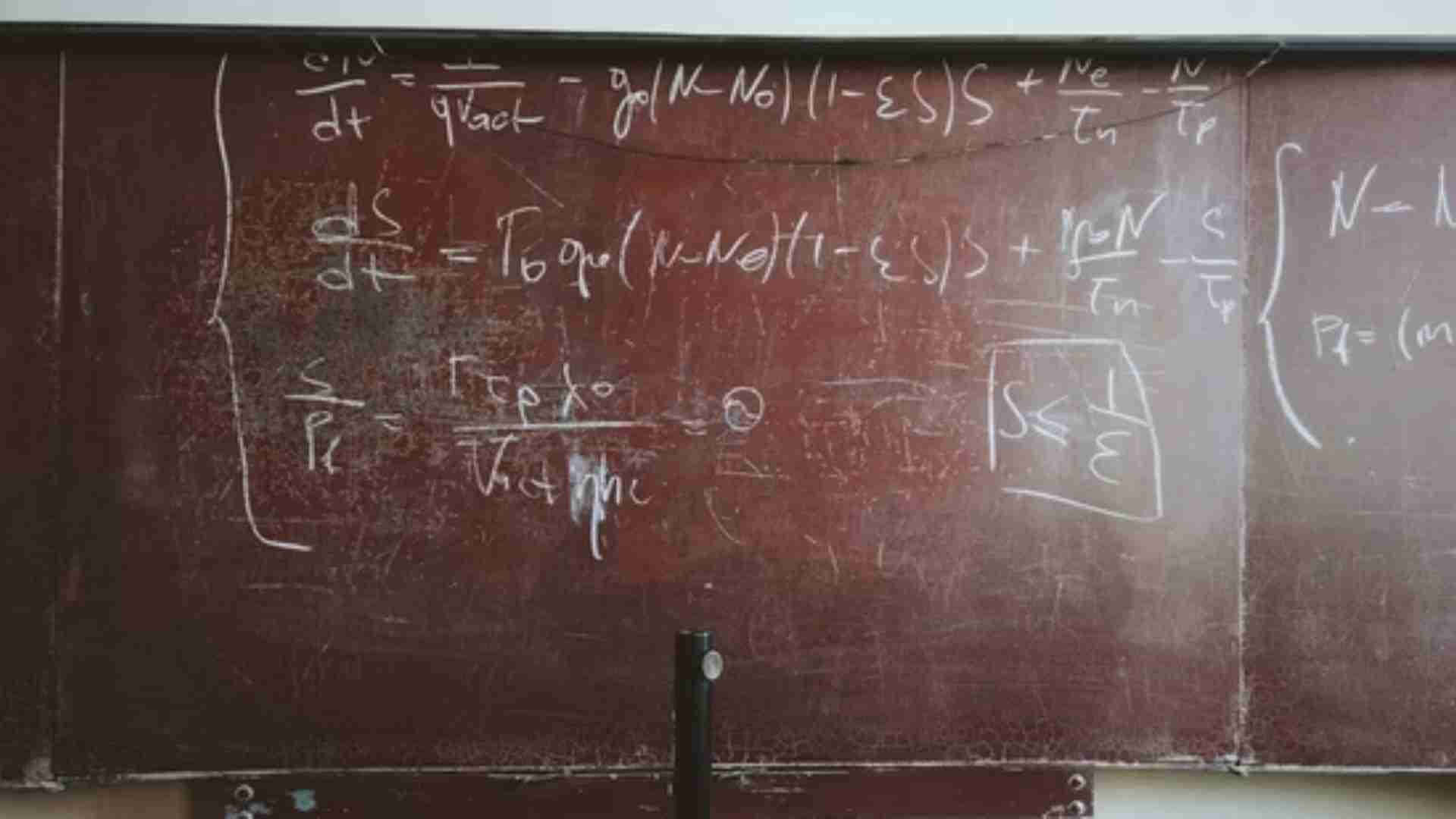
In an impressive academic achievement, college students Calcea Johnson and Ne’Kiya Jackson have expanded upon Pythagoras’ famous theorem by developing five novel solutions using trigonometry. Their research has been published in the American Mathematical Monthly, significantly contributing to mathematics and challenging longstanding beliefs about proving this ancient theorem.
Pythagoras’ theorem, expressed by the equation a2+b2=c2a^2 + b^2 = c^2, describes the relationship between the sides of a right-angled triangle, asserting that the square of the hypotenuse is equal to the sum of the squares of the other two sides. For centuries, mathematicians have sought various ways to prove this theorem through algebra and geometry. However, trigonometric approaches were traditionally viewed as impossible.
That perception shifted when Johnson and Jackson, who first gained attention as high school students, tackled the problem directly without relying on circular reasoning—an issue that had previously perplexed professional mathematicians. Their initial success in 2022 astonished the academic community and paved the way for their latest discoveries.
Now, as college students, Johnson and Jackson have taken their research further, presenting five distinct solutions along with a method that leads to an additional five proofs, culminating in a total of ten new insights into Pythagoras’ theorem. This remarkable contribution significantly increases the body of knowledge surrounding a theorem that previously had only one established proof.
“I was pretty surprised to be published. I didn’t think it would go this far,” Jackson shared in a recent news release, expressing her amazement at the recognition their work has received.
The duo’s achievement plays a vital role in promoting interest in STEM (science, technology, engineering, and mathematics) fields. Jackson reflected on changing perceptions of STEM: “It’s very exciting for me because I know when I was growing up, STEM wasn’t really a cool thing. So the fact that all these people actually are interested in STEM and mathematics really warms my heart and makes me really excited for how far STEM has come.”
Della Dumbaugh, editor of American Mathematical Monthly, expressed pride in the journal’s role in publishing such important research, acknowledging the contributions of the Editorial Board, particularly Grant Cairns, who helped refine the presentation of their work.
Despite their extraordinary mathematical abilities, neither Johnson nor Jackson plans to pursue a career in mathematics. Jackson is currently studying pharmacy at Xavier University in New Orleans, while Johnson is focused on environmental engineering at Louisiana State University, showcasing the diverse talents and ambitions of today’s young scholars.















